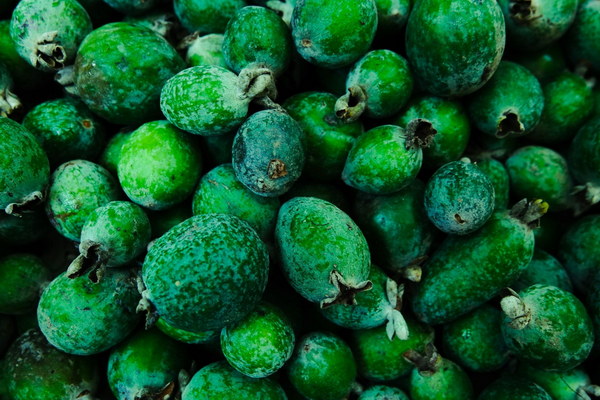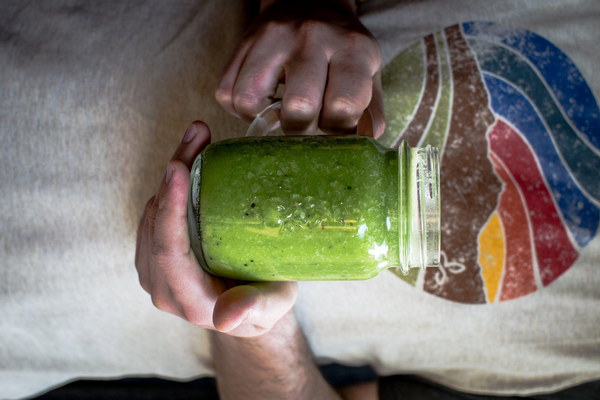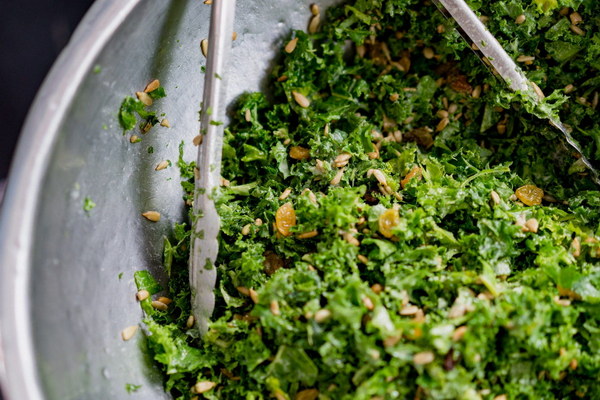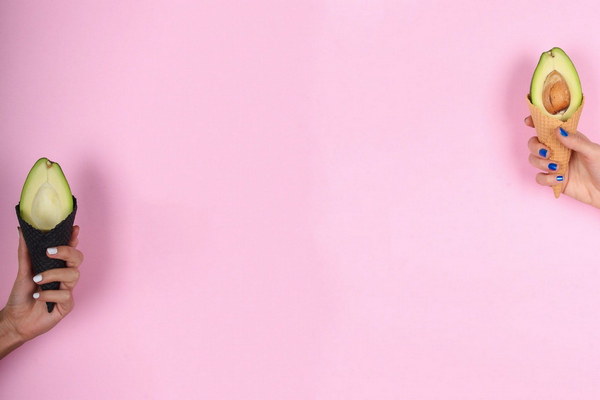Nourishing Your Kidneys A Comprehensive Guide to Natural Kidney Care
Introduction:
Kidneys are vital organs that play a crucial role in maintaining overall health. They filter waste products from the blood, regulate blood pressure, and produce hormones that are essential for various bodily functions. However, due to modern lifestyles and unhealthy habits, kidney health is often compromised. This article provides a comprehensive guide to natural kidney care, highlighting the best practices for maintaining healthy kidneys.
1. Stay Hydrated:
Water is essential for kidney function, as it helps flush out waste products and toxins from the body. Aim to drink at least 8 glasses of water per day, and more if you engage in physical activity or live in a hot climate. Avoid drinking too much caffeine or alcohol, as they can dehydrate you and put extra strain on your kidneys.
2. Maintain a Balanced Diet:

A well-balanced diet can support kidney health. Include a variety of fruits, vegetables, whole grains, lean proteins, and healthy fats in your meals. Some kidney-friendly foods include:
- Leafy greens: Spinach, kale, and collard greens are rich in antioxidants and vitamins that support kidney health.
- Berries: Blueberries, strawberries, and raspberries are high in antioxidants and can help reduce inflammation.
- Nuts and seeds: Almonds, walnuts, and flaxseeds are excellent sources of healthy fats and protein.
- Lean proteins: Fish, poultry, and eggs are great options for kidney-friendly protein sources.
Avoid excessive consumption of processed foods, sugary drinks, and high-sodium foods, as they can contribute to kidney damage over time.
3. Exercise Regularly:
Physical activity is beneficial for overall health and can help maintain kidney function. Aim for at least 150 minutes of moderate-intensity aerobic exercise or 75 minutes of vigorous-intensity exercise per week. Regular exercise can help control blood pressure, reduce the risk of kidney disease, and improve overall cardiovascular health.
4. Manage Chronic Conditions:
Chronic conditions such as diabetes, hypertension, and obesity can increase the risk of kidney damage. It is crucial to manage these conditions effectively to protect your kidneys. Work closely with your healthcare provider to monitor your condition and follow their recommendations for medication and lifestyle changes.
5. Avoid Over-the-Counter Medications:
Some over-the-counter medications, such as nonsteroidal anti-inflammatory drugs (NSAIDs), can harm the kidneys when used excessively or improperly. Always consult with a healthcare provider before starting any new medication, and be cautious about long-term use of any over-the-counter drugs.
6. Reduce Stress:
Chronic stress can negatively impact kidney health. Practice stress-reducing techniques such as meditation, yoga, deep breathing exercises, or engaging in hobbies you enjoy. Adequate sleep, time spent with loved ones, and social support can also help reduce stress levels.
7. Limit Exposure to Toxins:
Toxins found in certain household products, such as cleaning agents, pesticides, and industrial chemicals, can contribute to kidney damage. Whenever possible, opt for natural, non-toxic alternatives, and ensure proper ventilation when using any potentially harmful substances.
Conclusion:
Taking care of your kidneys is essential for maintaining overall health. By following these natural kidney care practices, you can help ensure your kidneys remain healthy and functioning optimally. Always consult with a healthcare provider for personalized advice and treatment, especially if you have pre-existing kidney conditions or concerns.









